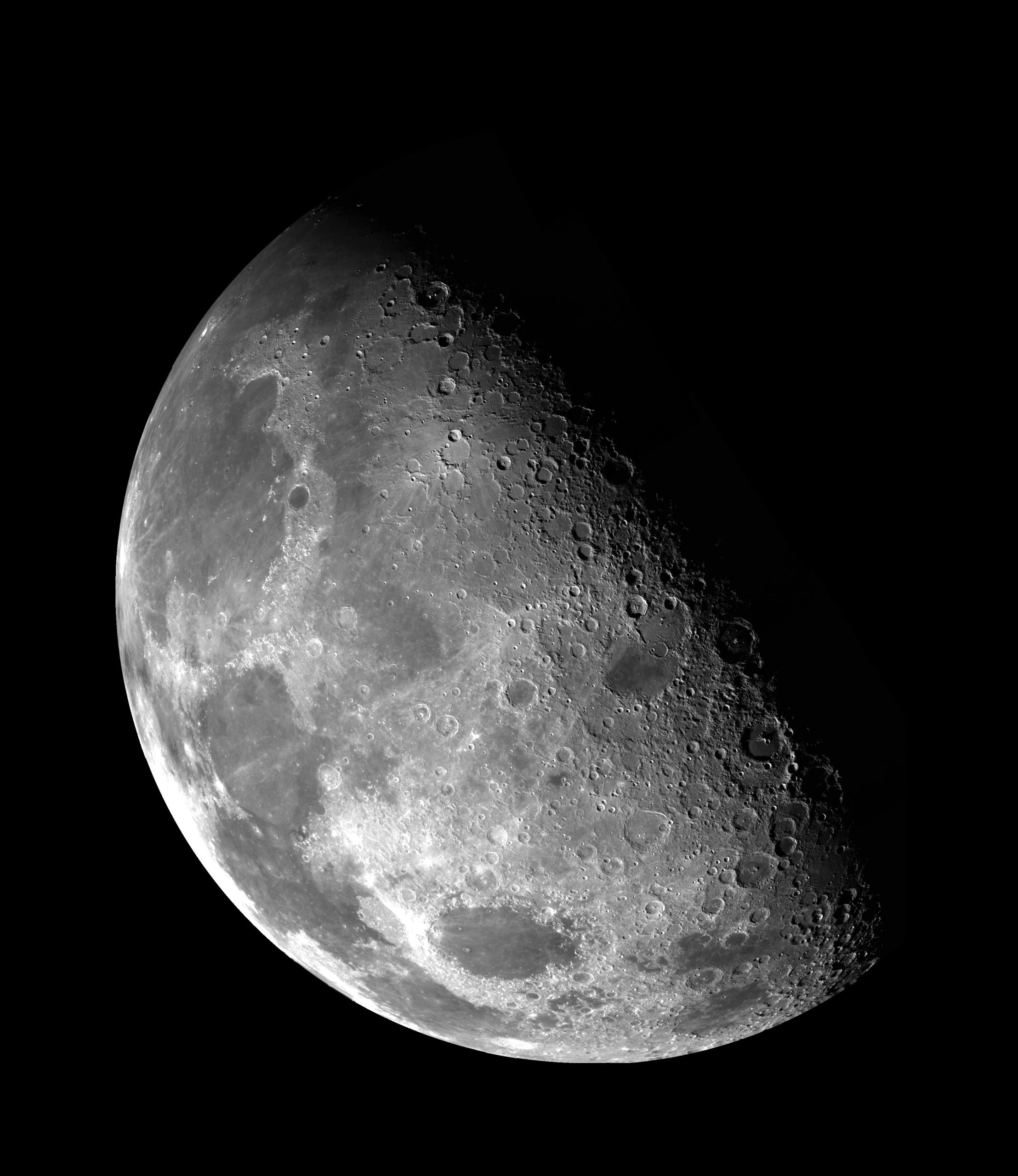What Does the Bible Say About the Full Moon?
The full moon has long captivated the imagination of humanity. Its ethereal glow illuminating the night sky, it has been associated with various beliefs and practices throughout history. In this post, we will explore what the Bible has to say about the full moon and its significance.
1. The Full Moon as a Sign of Time
In Genesis 1:14, God said, “Let there be lights in the expanse of the heavens to separate the day from the night. And let them be for signs and for seasons, and for days and years.” This verse indicates that the celestial bodies, including the moon, were created by God for a purpose.
The full moon, with its distinct appearance, has been used as a sign of time by early civilizations. In the Bible, we find references to the observance of the full moon as a marker for feasts and festivals. For instance, in Leviticus 23:5, it is written:
“The Lord’s Passover begins at twilight on the fourteenth day of the first month. On the fifteenth day of that month, the Lord’s Festival of Unleavened Bread begins; for seven days you must eat bread made without yeast. On the first day hold a sacred assembly and do no regular work. For seven days present a food offering to the Lord. And on the seventh day hold a sacred assembly and do no regular work.”
According to Jewish tradition, the dates for these festivals are calculated based on the lunar calendar, and the timing is determined by the phases of the moon, including the full moon.
2. Symbolic Meanings of the Moon in the Bible
Throughout the Bible, the moon is often used as a symbol to convey deeper meaning. It represents various ideas and concepts, such as:
- Light: Just as the moon reflects the light of the sun, believers are called to reflect the light of God in their lives. In Matthew 5:14, Jesus says, “You are the light of the world.”
- Guidance: The moon can act as a guiding light during the night, leading travelers on their journeys. Similarly, the Psalms frequently reference God’s guidance. In Psalm 32:8, it is written, “I will instruct you and teach you in the way you should go; I will counsel you with my loving eye on you.”
- Steadiness: The moon’s consistent cycles remind us of the faithfulness and constancy of God. In Psalm 89:37, it says, “His [God’s] throne will be established forever, like the moon, the faithful witness in the sky.”
- Transformation: The changing phases of the moon illustrate the idea of transformation and renewed hope. In 2 Corinthians 5:17, Paul writes, “Therefore, if anyone is in Christ, the new creation has come: The old has gone, the new is here!”
3. Historical and Cultural References
Beyond its spiritual symbolism, the full moon has played a significant role in various historical and cultural practices mentioned in the Bible. Some examples include:
| Reference | Explanation |
|---|---|
| Passover | The Israelites celebrated the Passover during the full moon in the month of Nisan, commemorating their liberation from slavery in Egypt. |
| Feasts and festivals | The timing of several feasts and festivals, such as the Feast of Unleavened Bread and the Feast of Tabernacles, is determined by the lunar calendar. |
| Harvest cycles | The full moon was used as a marker for harvest cycles in ancient agricultural societies, helping farmers coordinate their activities and celebrate abundance. |
4. God’s Mastery Over the Moon
Finally, it is important to recognize that the Bible emphasizes God’s sovereign control over the celestial bodies, including the moon. In Psalm 8:3-4, the psalmist marvels at God’s creation, saying:
“When I consider your heavens, the work of your fingers, the moon and the stars, which you have set in place, what is mankind that you are mindful of them, human beings that you care for them?”
This verse reminds us of the vastness of God’s power and the beauty of His creation. The moon serves as a tangible reminder of His presence and authority.
Conclusion
While the Bible does not explicitly command specific practices or rituals related to the full moon, it does acknowledge its significance as a sign of time and its symbolic meanings. The full moon also features prominently in historical and cultural references, particularly in relation to feasts and festivals. Furthermore, the Bible highlights God’s mastery over the moon, using it as a metaphor for spiritual truths.
As believers, let us be mindful of the lessons we can glean from the full moon and the broader celestial wonders. May we reflect the light of Christ, seek His guidance, and trust in His faithfulness as we navigate life’s journey.
Table of Contents
